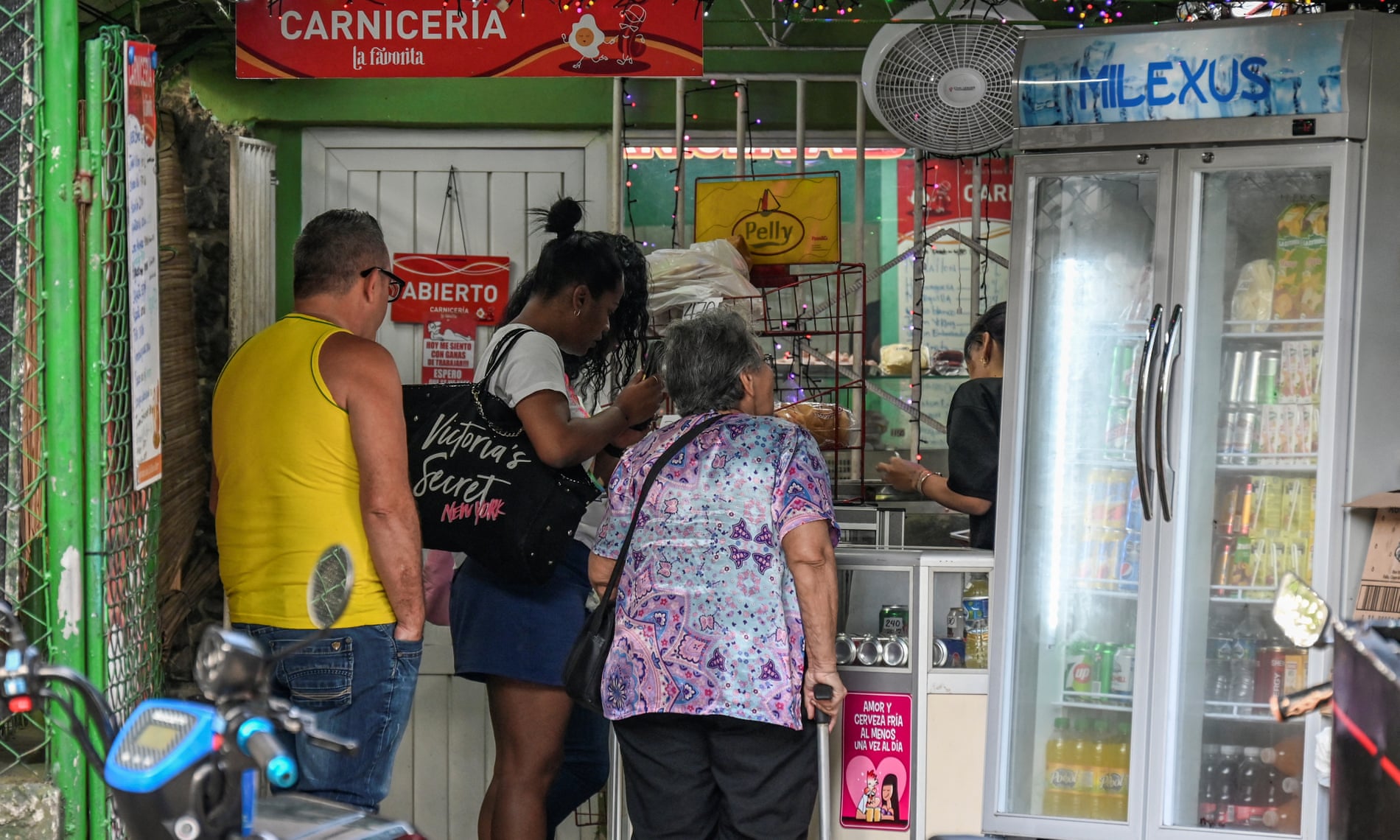Blog Archive
-
►
2026
(953)
- ► February 2026 (420)
- ► January 2026 (533)
-
►
2025
(7363)
- ► December 2025 (582)
- ► November 2025 (538)
- ► October 2025 (563)
- ► September 2025 (556)
- ► August 2025 (610)
- ► April 2025 (729)
- ► March 2025 (719)
- ► February 2025 (606)
- ► January 2025 (639)
-
▼
2024
(7366)
- ► December 2024 (613)
- ► November 2024 (623)
- ► October 2024 (644)
- ► September 2024 (649)
- ► August 2024 (632)
- ► April 2024 (594)
-
▼
March 2024
(667)
-
▼
Mar 19
(24)
- Law and Order in Flux: Crafting a New Image for Ju...
- X22, On the Fringe, and more- March 19
- ‘Stack the Deck So Trump Wins’ – Leftists Melt Dow...
- US identifies Alabama soldier killed in WW2
- Witness Selection And Last-Minute Docs Dump: What’...
- Red Cross, Despite Its Denials, Appears To Be Doin...
- Guilty!—But Not Really Guilty? ~ VDH
- The Evidence That Radical Leftism Causes Mental Il...
- (Canada's) Veterans Affairs officials complained m...
- CBS Puts Kavanaugh Accuser Christine Blasey-Ford B...
- Michigan Lawyer Stefanie Lambert Arrested by US Ma...
- Cuba blames US for stoking protests amid power cut...
- Christian Nationalism Is Not What the Left Says It Is
- Jared Kushner says Gaza’s ‘waterfront property cou...
- Trump Lawyers Ask for an Appellate Review of Judge...
- It’s A Miscarriage Of Justice To Let Fani Willis K...
- THEY'RE DOUBLING DOWN! 😂
- ♦️𝐖³𝐏 𝐃𝐚𝐢𝐥𝐲 𝐍𝐞𝐰𝐬 𝐎𝐩𝐞𝐧 𝐓𝐡𝐫𝐞𝐚𝐝
- Netanyahu to Biden: I'm Taking Rafah, Destroying H...
- President Obama Visits British Prime Minister Rish...
- Hunter Biden Associate Confirms Joe Biden Had Emai...
- Supreme Court Appears to Lean Favorably Toward Gov...
- Justice Jackson Upset That the First Amendment Mig...
- Ketanji Brown Jackson Warns Right To Free Speech C...
-
▼
Mar 19
(24)
- ► February 2024 (560)
- ► January 2024 (579)
-
►
2023
(7748)
- ► December 2023 (588)
- ► November 2023 (572)
- ► October 2023 (574)
- ► September 2023 (594)
- ► August 2023 (646)
- ► April 2023 (649)
- ► March 2023 (765)
- ► February 2023 (688)
- ► January 2023 (673)
-
►
2022
(8203)
- ► December 2022 (664)
- ► November 2022 (534)
- ► October 2022 (526)
- ► September 2022 (511)
- ► August 2022 (591)
- ► April 2022 (817)
- ► March 2022 (927)
- ► February 2022 (759)
- ► January 2022 (824)
-
►
2021
(8388)
- ► December 2021 (790)
- ► November 2021 (803)
- ► October 2021 (935)
- ► September 2021 (857)
- ► August 2021 (760)
- ► April 2021 (547)
- ► March 2021 (576)
- ► February 2021 (581)
- ► January 2021 (658)
-
►
2020
(8082)
- ► December 2020 (612)
- ► November 2020 (552)
- ► October 2020 (645)
- ► September 2020 (560)
- ► August 2020 (539)
- ► April 2020 (683)
- ► March 2020 (812)
- ► February 2020 (744)
- ► January 2020 (754)
-
►
2019
(2923)
- ► December 2019 (726)
- ► November 2019 (610)
- ► October 2019 (761)
- ► September 2019 (687)
- ► August 2019 (139)
Categories
Joe Biden
(2883)
Deep State
(2592)
Democrats
(2472)
Modern Liberalism
(2298)
Wokeness
(2217)
Corruption
(2126)
marxism
(2105)
Oligarchy
(2037)
WalkAway
(1866)
gaslighting
(1809)
Investigation
(1638)
Democrat Coup
(1558)
TDS
(1517)
Globalism
(1461)
Hoax
(1383)
X22
(1294)
Uniparty
(1273)
Left-Wing Violence
(1247)
#BlueAnon
(1228)
MAGA
(876)
#News
(787)
Pres. Trump
(638)
News
(519)
President Trump
(437)
Opinion
(279)
Ukraine
(247)
#Commentary
(209)
Memes
(122)
#BidenRegime
(71)
#OPEN THREAD
(63)
#Music Thread
(6)
Become A Contributor
If you would like to become a W³P Lives contributor, please fill out the contact form below. You may submit any email address; however, you will need a gmail to login to blogger.com and access the back end of the blog where posts are created.
If you do not want to submit your actual email, please create a gmail specifically for this purpose and submit it to us via the form below. It will skip a step, since a gmail will be required to login anyways.
After filling out the form keep any eye out for your email invitation in your inbox. Accept the invitation, login to blogger.com, and start making discussions.
Thanks!
Contact Form
What We're About
Discussions about current events and societal trends in the news, not necessarily just politics. The quickest way to get banned is by using juvenile racist language.

Popular Posts
-
VOTRE NOUVEAU FORUM;
-
W³P Daily News Open Thread. posted by DarkGoldenMan Welcome to the W³P Daily News Open Thread. Post whatever you got in the comments ...
-
Harris is not so much a flip-flopper as a padder, who supports anything, without any worry about framing each new position by renouncing h...
Created By SoraTemplates | Distributed By MyBloggerThemes




Post a Comment